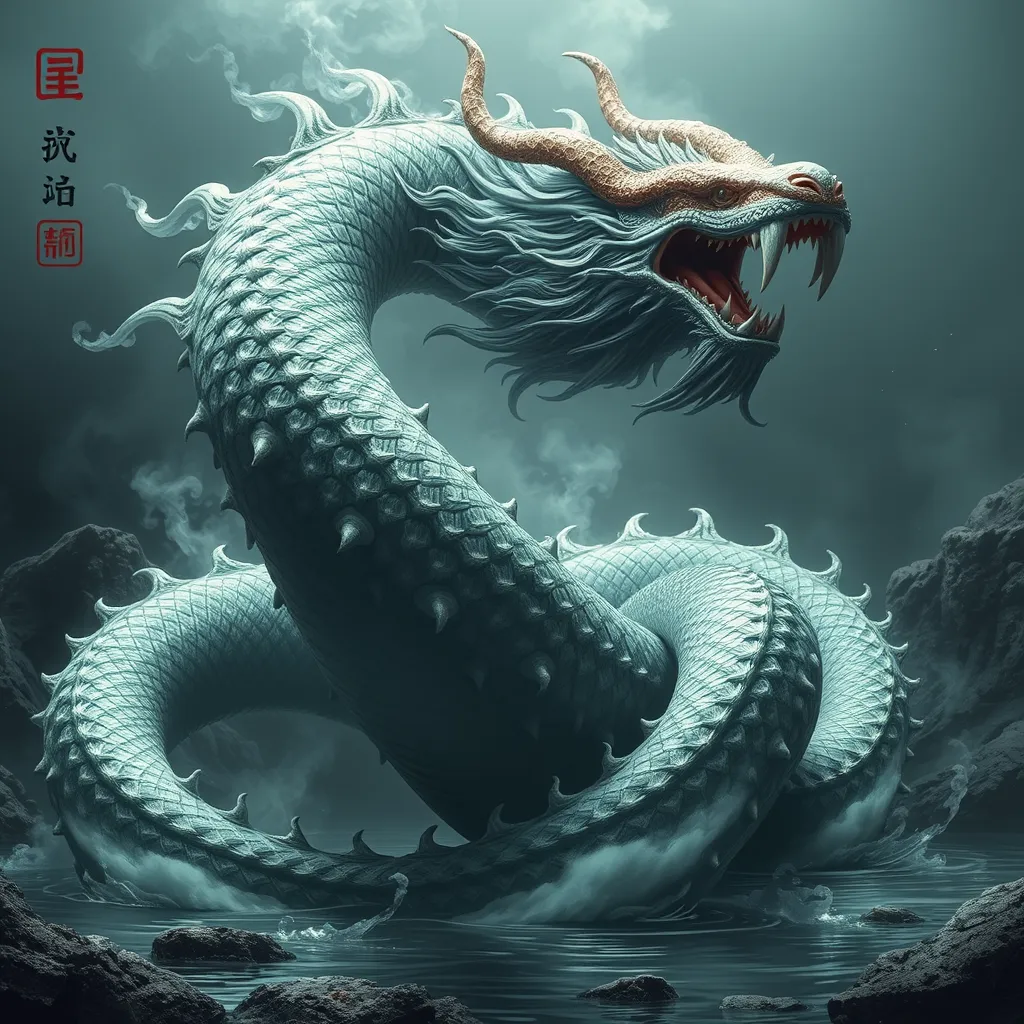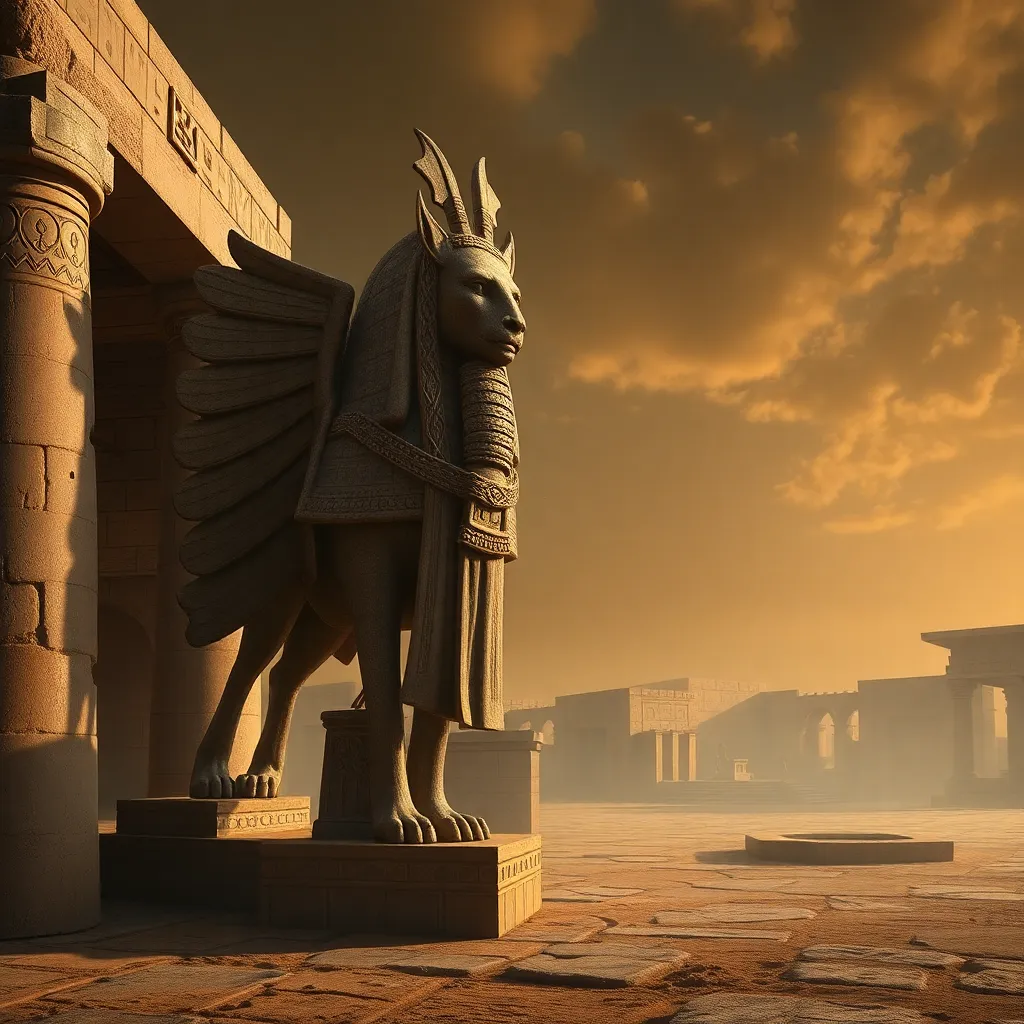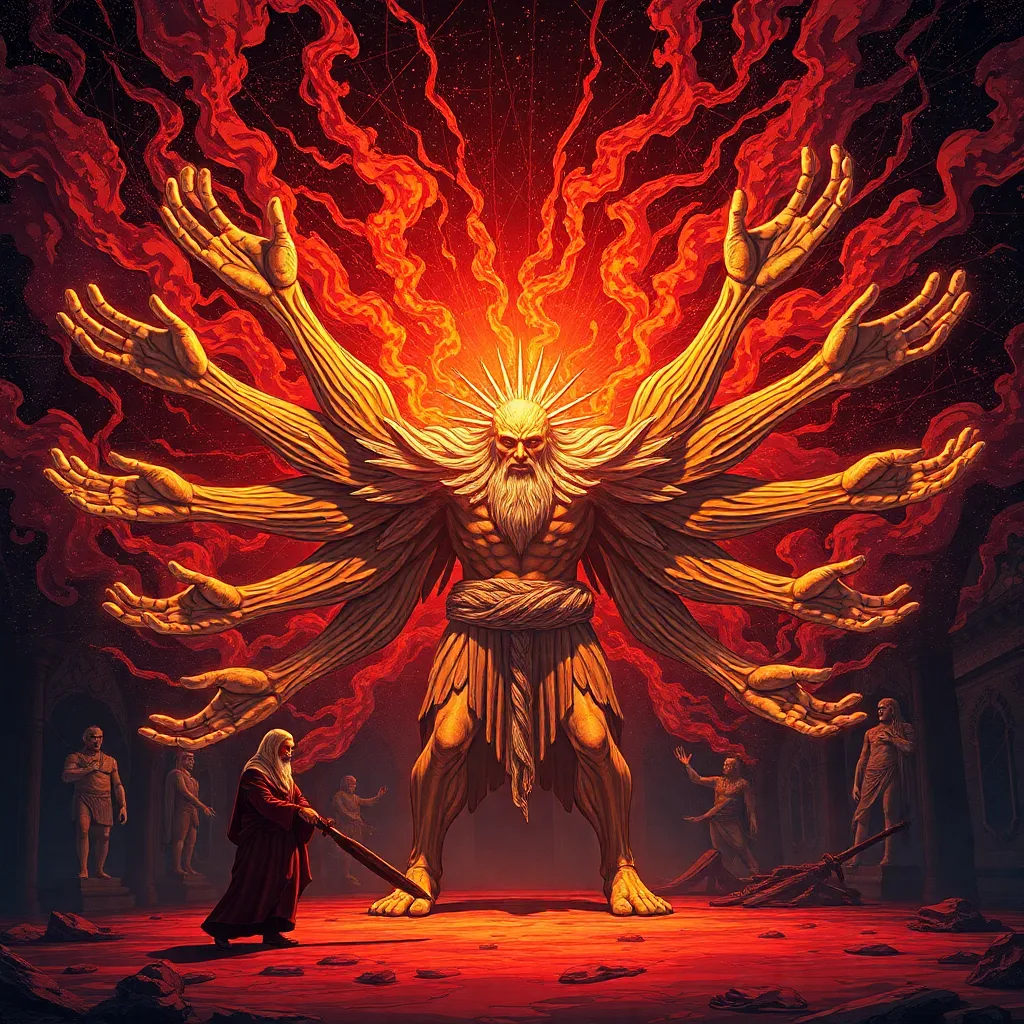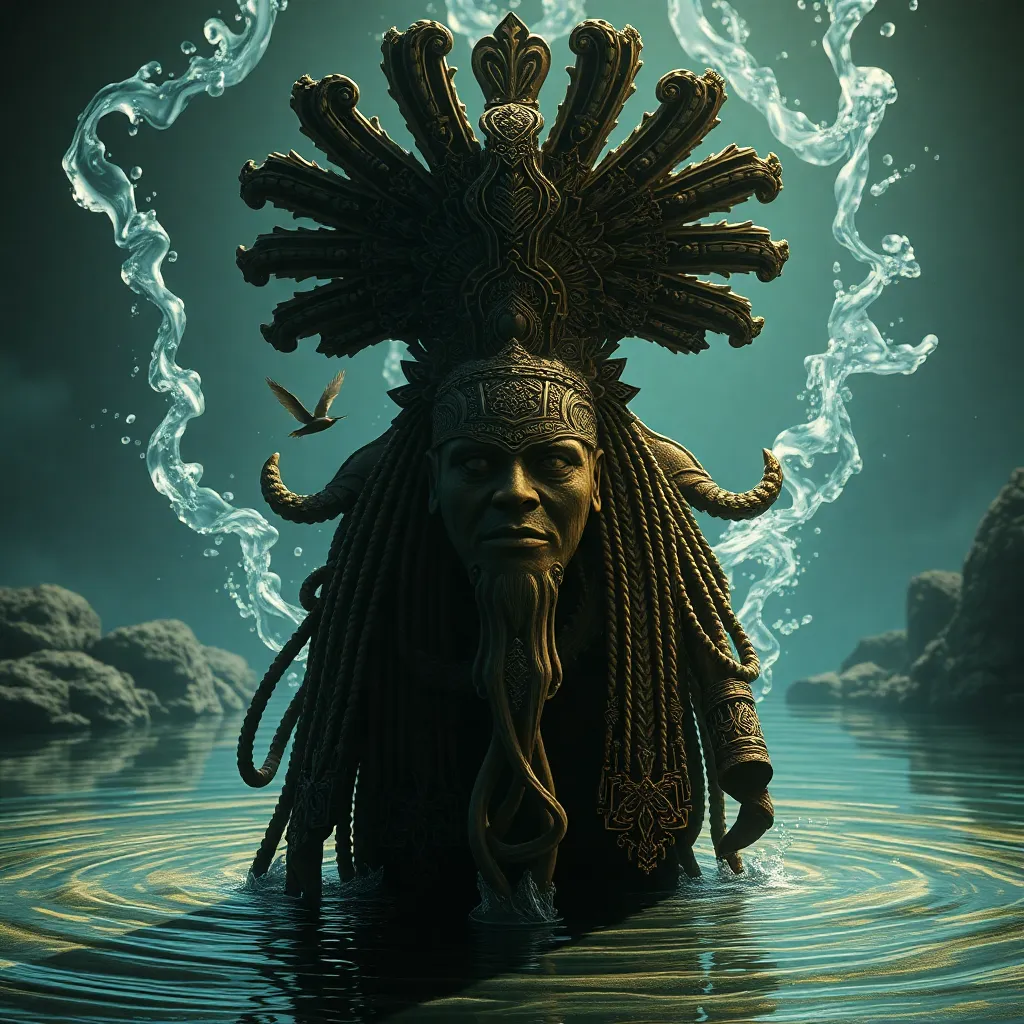Hydra in Chinese Mythology: The Monster’s Role in Ancient Chinese Legends
I. Introduction
The Hydra, a multi-headed serpent-like creature, is widely recognized in various mythologies, most notably in Greek traditions. In these stories, the Hydra embodies both a formidable adversary and a symbol of chaos and regeneration. While the Hydra is not as prominent in Chinese mythology as in Western narratives, it does find its place within the rich tapestry of ancient Chinese legends. This article explores the Hydra’s role, characteristics, and significance in Chinese mythology, shedding light on its cultural implications and enduring legacy.
II. Historical Context of Chinese Mythology
Chinese mythology is a vast and intricate system of beliefs, stories, and symbols that have evolved over thousands of years. It encompasses a wide array of deities, legendary figures, and mythical creatures, reflecting the values, traditions, and fears of ancient Chinese society.
Mythical creatures play an essential role in Chinese culture, often serving as metaphors for natural phenomena, moral lessons, and the dualities of existence. From the dragon, symbolizing power and auspiciousness, to the phoenix, representing rebirth, each creature contributes to the broader understanding of the world and humanity’s place within it.
III. The Hydra’s Characteristics in Chinese Folklore
In Chinese folklore, the Hydra is often depicted as a multi-headed beast, similar to its Western counterpart, but with unique characteristics that reflect local beliefs and values.
- Symbolism: The Hydra in Chinese legends often embodies chaos, danger, and the unknown, representing challenges that must be overcome.
- Physical Traits: Descriptions may vary, but it is typically portrayed as a serpentine creature with multiple heads, each with its own personality, reflecting the complexity of human nature.
- Spiritual Significance: The Hydra can symbolize the cyclical nature of life, death, and rebirth, echoing themes found throughout Chinese philosophy.
Compared to the Western Hydra, which is often seen as an invincible monster, the Chinese version emphasizes adaptability and the ability to confront chaos. Other mythical creatures in Chinese mythology, such as the Bai Ze (a lion-like beast) and the Qilin (a hooved chimerical creature), share similar traits of symbolism and moral lessons, highlighting the cultural significance of these beings.
IV. Famous Legends Featuring the Hydra
Several key stories and texts within Chinese mythology incorporate the Hydra, though it may not always be referred to explicitly by that name. These tales often illustrate the creature’s role as a challenger to heroes and a representation of chaos.
- The Legend of the Eight Immortals: In one version of this tale, the Hydra serves as an obstacle that the immortals must overcome, signifying the trials of life and the necessity of collaboration and cleverness.
- The Tale of the Dragon Kings: In this narrative, the Hydra is sometimes associated with the chaotic waters that the Dragon Kings must tame, symbolizing the struggle between order and chaos.
In these stories, the Hydra’s role is not merely as a monster but as a catalyst for transformation, pushing characters to evolve and grow through their encounters with chaos.
V. The Hydra as a Symbol of Chaos and Transformation
The Hydra’s association with chaos is a recurring theme in many myths. Its multiple heads often symbolize the many facets of chaos that one must confront in life.
- Chaos: The creature embodies the unpredictable and often destructive forces of nature, reflecting the ancient Chinese understanding of the world as a balance of yin and yang.
- Transformation: Encounters with the Hydra often lead to personal growth and transformation, as characters learn to harness their strengths and confront their fears.
This theme of transformation aligns with the broader philosophical views in Chinese thought, where challenges are seen as opportunities for personal development and renewal.
VI. The Hydra in Chinese Art and Literature
The depiction of the Hydra in ancient Chinese art often reflects its symbolic meanings. Artists have portrayed the creature in various forms, emphasizing its multi-headed nature and the chaos it represents.
- Artistic Representations: In paintings and sculptures, the Hydra is often depicted with intricate details, showcasing its serpentine body and multiple heads, surrounded by elements that symbolize chaos, such as swirling clouds or turbulent waters.
- Classical Literature: In texts like “The Classic of Mountains and Seas” (Shan Hai Jing), mythical creatures, including hydra-like beings, appear as cautionary symbols, teaching lessons about the balance of nature and humanity’s place within it.
VII. The Hydra’s Influence on Modern Chinese Culture
In contemporary media, the Hydra continues to inspire artists, writers, and filmmakers, often reinterpreted to reflect modern themes.
- Film and Television: Modern adaptations of Chinese myths frequently include hydra-like creatures, representing the struggle against chaos in a rapidly changing world.
- Literature: Contemporary authors draw on the Hydra’s symbolism to explore themes of identity, conflict, and transformation in their narratives.
This resurgence of Hydra imagery in modern culture illustrates the enduring relevance of these ancient myths and their ability to resonate with contemporary audiences.
VIII. Conclusion
The Hydra, while not as widely recognized in Chinese mythology as in Western traditions, holds a significant place within the rich landscape of ancient legends. Through its multifaceted symbolism of chaos, transformation, and resilience, the Hydra serves as a powerful reminder of the complexities of life and the human experience.
As we reflect on the enduring legacy of mythical creatures like the Hydra, we recognize their importance in cultural storytelling, bridging past and present, and offering valuable lessons for future generations.



